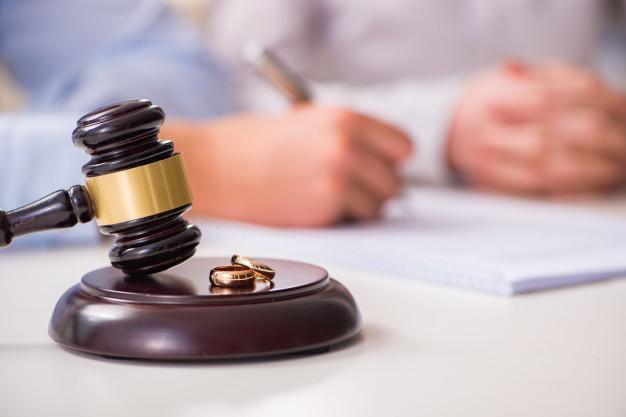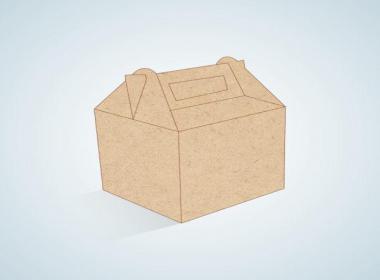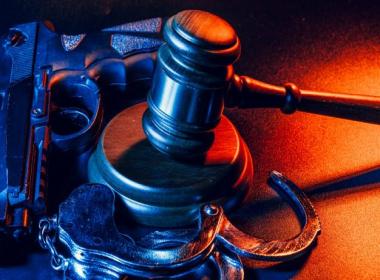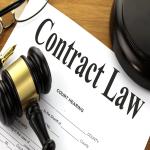Separation in marriage is one of the toughest situations of life. The time is difficult for both the persons involved in the marriage. On top of that, divorce brings the complications of splitting assets, property, child custody, and many other aspects of marriage.
The husband's rights in separation have always been a question mark for many generations. Whenever a couple decides to go for divorce, both husband and wife ask themselves- what are my rights to property separation.
Deciding on who gets what can be complex and tricky. Here is everything you need to know about your right to property after separating from your spouse.
Rights to Property after Separation: Divorce after Marriage
One of the best parts of marriage is that you become entitled to your spouse’s property when the event of divorce occurs. Not that this should be in your mind while getting married but having the right to the share of the property can be a huge deal in times of separation.
The home that you and your spouse have lived in during your married life becomes the shared joint asset. As a result, both you and your spouse do not need to be legal owners of the house; only one of you being the legal owner entitles both of you to have the right to the property during separation.
Therefore, the first thing you should do is to register the matrimonial home rights that you have to the Land Registry. This can help heavily in terms of securing the financial interest of the asset. As a result, the selling or mortgaging of the property without your knowledge and interest cannot be done.
Furthermore, there are several other rights that you can entail under the Family Law Act 1996. One of them is that you have the right to live in the property unless a court order arrives with a different decision. In addition, you have the right to pay the mortgage and have your share of the mortgage payment unless the court orders otherwise.
Rights to Property after Separation: With Child Involvement
The involvement of children makes the property share issue even more complicated. It is a must to handle the issue with great care when there are children involved in a divorce.
The first part of your right to property is pretty straightforward. If you are the primary caretaker of the child, you have the major share of the house. However, complications arise when there is no definite custodian of the child. In situations like this, the parents must come to an agreement. If the parents cannot decide by themselves, the court will come into action and order the best possible judgment that is best for the children.
Also read about: What happens if you leave the scene of a car accident
The court will always think the best for the children. The main goal of the court will be to minimize the emotional trauma and shock of the children. Things might get even more complicated from here. The court may end up giving the home rights to one parent and deduce the right to other assets in return.
Rights to Property after Separation: Shared Ownership of the House
When both you and your spouse own the house, the right to the property is shared equally. However, separation means separating from every bit of ownership as well. This can be done in a few ways.
Firstly, one of the spouses can buy the other spouse’s share of the house. As both you and your spouse would not want to live together anymore, this seems like the safest option.
Moreover, both of you can sell the house and split the amount equally to find a new abode. And lastly, the parent with the child custody can again buy the other parent’s share of the house.
Rights to Property after Separation: When You Are Not Married
You can still get separated from your spouse even when you are not married to the other person. This makes the property split more complicated.
Regardless of sharing the bills and living together for several months, you do not have any right to the property when there is no legal marriage. However, it is not as simple as it sounds. You can go to court if you have been living in the house for several years and paying the bills even though your name is not on the mortgage. The process can be quite lengthy and stressful.
Furthermore, paying dividends to the mortgage even after not having your name in the documents can also entitle you to have rights to the property. Nevertheless, the best option is to seek professional and legal support without any hesitation.
Conclusion
The answer to what are my rights to the property after separation can be extremely complex in different situations. The first task is to understand your situation and make a judgment of the parties involved in the circumstance. Consider your and your children’s future thoroughly. Finally, follow the required steps to entail your rights to the property.
















